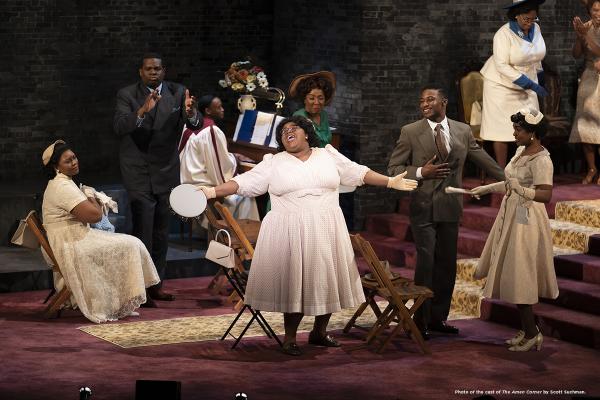Feb 12, 2020
When’s the last time you saw a play in which the main character was a black woman? If you’ve never seen one, you’re likely not alone. Although it’s the year 2020, and within the past year Slave Play and American Son were on Broadway, the number of American plays with black women as their leads staged in America still has immense room for improvement. As of today, zero are slated to appear on Broadway during the rest of the 2019-2020 season and the entirety of the 2020-2021 season. That’s why it’s shocking that, 55 years ago, The Amen Corner, a three-act play about a black woman pastoring a Pentecostal church in Harlem, N.Y., opened on Broadway, albeit more than a decade after its birth.
Read the Full Article

Already a subscriber? Login
